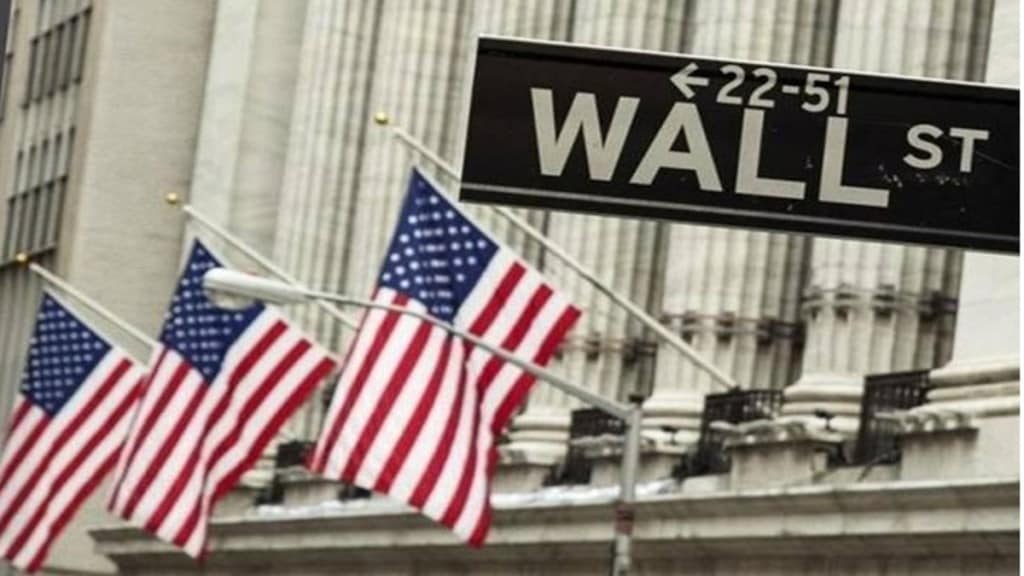Investors are in for a holiday-shortened week as the Federal Reserve’s next interest rate decision draws near. The financial markets in the United States will be closed on Monday, September 4, in observance of the Labor Day holiday. The event, according to the US Department of Labor, is “an annual celebration of the social and economic achievements of American workers.”
Stock market holidays are non-weekend business days when the New York Stock Exchange (NYSE) and the Nasdaq, the two major U.S. stock exchanges, are closed for the day. These days frequently coincide with government holiday schedules and include important holidays such as Independence Day and Thanksgiving.
The Nasdaq and the New York Stock Exchange will be closed on Monday and reopen at 9:30 a.m. ET on Tuesday, September 5. The bond market in the United States will also be closed on Monday.
The regular business hours for both exchanges are 9:30 a.m. to 4 p.m. ET, Monday through Friday. Weekends are a time when markets are closed.
US Stock Market Holiday List 2023
New Year’s Day January 2, 2023
Martin Luther King, Jr. Day January 16, 2023
Presidents Day February 20, 2023
Good Friday April 7, 2023
Memorial Day May 29, 2023
Juneteenth Holiday June 19, 2023
Early Close July 3, 2023 1:00 p.m.
Independence Day July 4, 2023
Labor Day September 4, 2023
Thanksgiving Day November 23, 2023
Early Close November 24, 2023 1:00 p.m.
Christmas Day December 25, 2023
After declining for the majority of the month, stocks finished the month of August on a rallying note. Going forward, the busiest day for investors will be Wednesday, when the Beige Book from the Fed and service sector data from S&P Global and the Institute for Supply Management are scheduled to be released in the morning and afternoon, respectively.
Investors have grown more optimistic following last week’s economic reports that the Federal Reserve will maintain interest rates this month after raising them in July to their highest level in 22 years. However, the Fed hasn’t ruled out further rate rises, so they might still take place barring a further slowdown in inflation.
